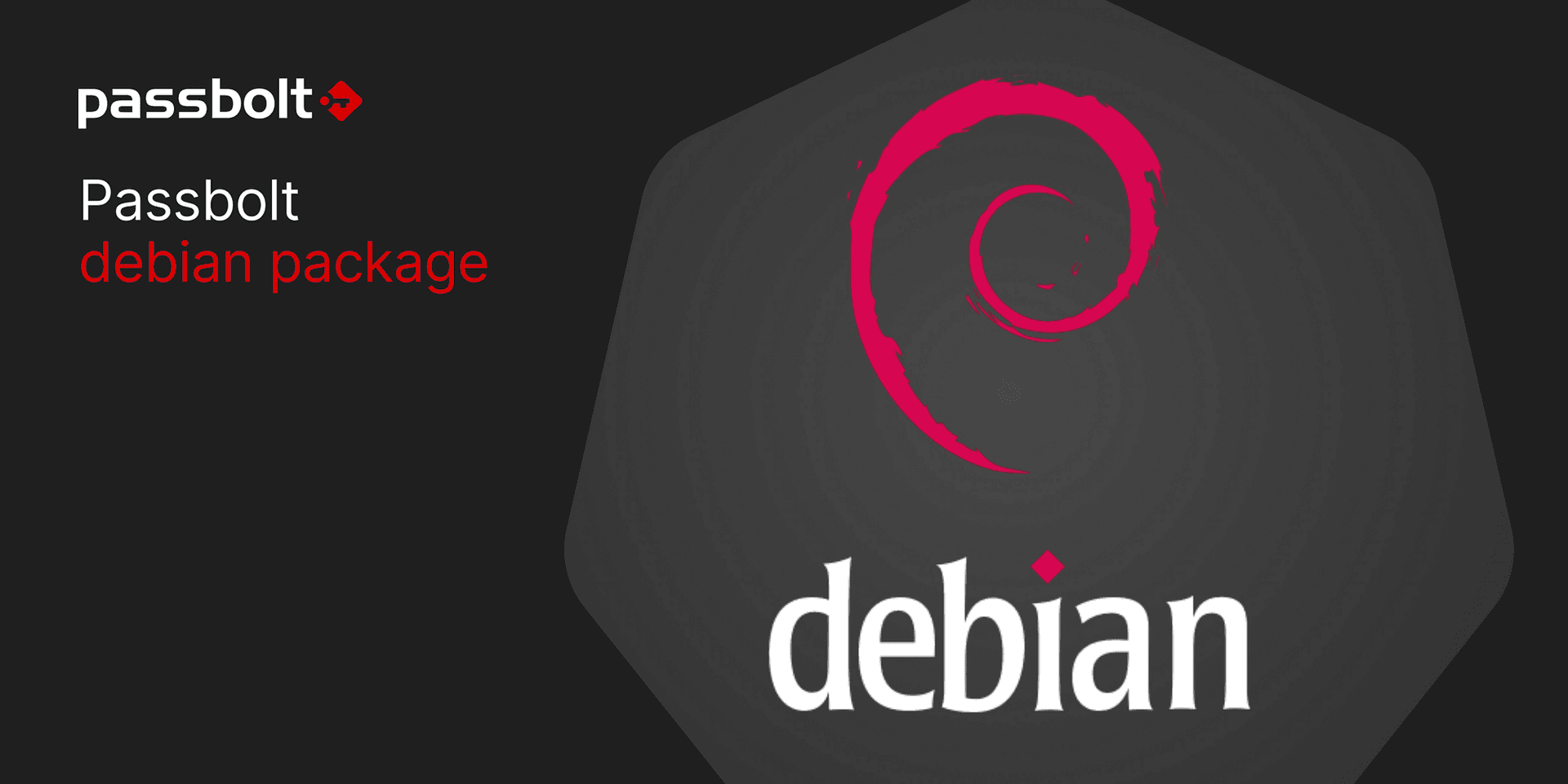
7 min. read
We have been busy (and we’ll prove it)!
Luckily, we are pushing code more frequently than we are blogging. Here is an overview of what we have been busy with in the past few…

We know, Installing passbolt is a quite hot topic. You just need to go in the community forum to realize:

At Passbolt we tried to ease the pain of installing our products by releasing a Docker image and, for the people who do not like Docker or can not use Docker, we released some Bash install scripts. Still, there are people out there having problems installing passbolt but don’t you worry child, see passbolt has a plan for you 🎵.
We feel your pain and in an effort to make things easier for you we started a collaboration with Albert Casals and we have released a BETA-SOON-TO-BE-PRODUCTION passbolt debian package.
We think the package is a way to make passbolt install friendly so people won’t feel the same frustration installing passbolt as with quitting Vim:
We have published a help page that goes through one of the installation methods. However, here there is a TL;DR:
sudo apt-get update
sudo apt-get install \
apt-transport-https \
ca-certificates \
curl \
gnupg-agent \
software-properties-common \
certbot \
python3-certbot-nginx
sudo apt-key adv --keyserver keys.gnupg.net --recv-keys 0xDE8B853FC155581D
echo "deb https://download.passbolt.com/ce/debian buster stable" |\
sudo tee /etc/apt/sources.list.d/passbolt.list
sudo apt-get update
sudo apt-get install passbolt-ce-serverWe are not Debian expert packagers so we have not pushed the package to make it to the Debian official repositories (although we followed the Debian way as much as we could). Instead, we created passbolt’s official Debian repository, from which you will get any passbolt upgrades as part of your system upgrade scripts by just adding a line in your /etc/apt/sources.list
During the installation process you will see some screens that will ask you several questions. Currently the Debian package is designed to:
At the moment, passbolt Debian package wizard supports only Nginx+PHP-FPM through the wizard but we plan to add support for Apache soon. If the fuego🔥 inside you for Apache is too big you can still install passbolt package typing in your terminal:
DEBIAN_FRONTEND=noninteractive apt-get install \
--no-install-recommends passbolt-ce-serverand customize your environment manually after the install.
We have tested the package with different versions of Ubuntu with successful results. However the package is, for now, designed with Debian in mind.
In the upcoming weeks we will publish more guides on our help site on how to migrate your custom passbolt installations to an installation managed by the Debian package. Stay tuned to our Twitter account for more up-to-date news.
Keep in mind that this is a beta feature. We would love to hear the feedback from the community Debian experts, connaisseurs and all the regular users interested in passbolt to keep improving our package.
Enjoy ☮️